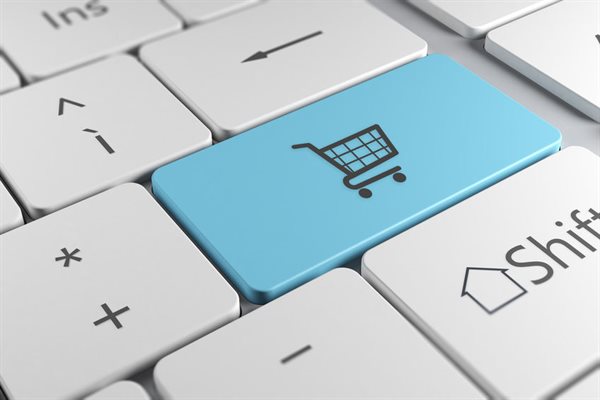
Related
Top stories






More news

Marketing & Media
Warner Bros. was “nice to have” but not at any price, says Netflix

Logistics & Transport
Maersk reroutes sailings around Africa amid Red Sea constraints

















The pandemic has underlined the importance of strong digital channels, particularly for business-to-business (B2B) buyers who aren’t used to doing business online. These buyers are now just as tech-savvy and connected as business-to-consumer (B2C) consumers.
On top of that, they expect to receive the same level of customer service. This means that selling on a website isn’t enough. B2B businesses need to up their digital game to compete in the new normal.
One of the best ways to improve e-commerce is to create an omnichannel experience that seamlessly carries users across touchpoints. This is becoming standard practice in B2C. However, for B2B organisations, omnichannel engagement still has potential to provide an advantage on slower moving competitors.
Let’s take a look at the meaning of B2B e-commerce and how organisations can create an effective B2B e-commerce strategy to drive sales.
B2B e-commerce utilises online platforms to carry out transactions between businesses. B2B hasn’t relied on e-commerce to the same degree as B2C. As a result, most B2B organisations haven’t felt the same pressure to prioritise their digital sales channels.
When it comes to creating exceptional customer journeys, many B2B companies are a step behind. Businesses can’t afford to stumble in today’s climate, even if e-commerce still accounts for a relatively small slice of the B2B sales pie.
According to a Forrester report, 73% of today’s sellers use an e-commerce or online sales portal – with an average of 27% of revenues coming from these channels. This is set to increase suddenly and drastically, as 83% of businesses say they plan to increase e-commerce sales in the next three years.
The companies that are focusing on growing their e-commerce platform will be well prepared to face the future: cross your fingers for the other 17%.
Many B2B organisations have turned their eye towards creating the streamlined, customised experiences that B2C customers have grown accustomed to. Today’s customers want to be able to engage with a business wherever and whenever they please. The modern B2B customer is getting younger, as well.
According to a Merit report, 73% of millennials purchase products or services for their companies. Typically, these younger buyers:
• Utilise more online resources when researching products
• Turn to peers for recommendations
• Use social media to check out vendors, products and solutions
For B2B sellers, creating an online presence in the place buyers tend to spend their time is paramount. But how can B2B businesses manage to be everywhere at once? How can they remain sleek, agile and responsive while maintaining an outsized presence?
An omnichannel experience offers users seamless interactions across a range of connected channels, which can include social media, websites, brick-and-mortar shops, chatbots, emails, and more. In multi-channel experiences, these various channels operate in silos, but an omnichannel strategy unites them to provide a more holistic journey.
Creating an omnichannel strategy is all about breaking silos, unifying data, and putting the customer at the heart of everything. Simply put, it’s about connection. This has long been the focus of B2C, but it's evident that it’s the future of B2B as well.
According to the Forrester report, a third of B2B sellers have already implemented an omnichannel strategy and most of the remaining businesses are now taking steps to do so. For B2B organisations looking to future-proof their organisation while also gaining a competitive advantage, this is the perfect time to create an omnichannel strategy.
Creating an omnichannel experience takes more than the right strategy – it also takes the right toolkit. According to Forrester, less than 50% of surveyed B2B organisations are meeting best practices for people, processes, technology, and culture. B2B leaders need to formulate their strategy, get the right team on board, and use the correct technology to implement their ideas.
It’s a fact that the expectations of the B2B buyer have increased, as 83% of buyers now expect companies to use technologies to improve experiences. This shouldn’t be looked at as a problem but an opportunity.
A rising tide lifts all boats, after all, and exceptional customer journeys will carry us to exciting new places. For B2B sales e-commerce, the arrow is pointing up.
